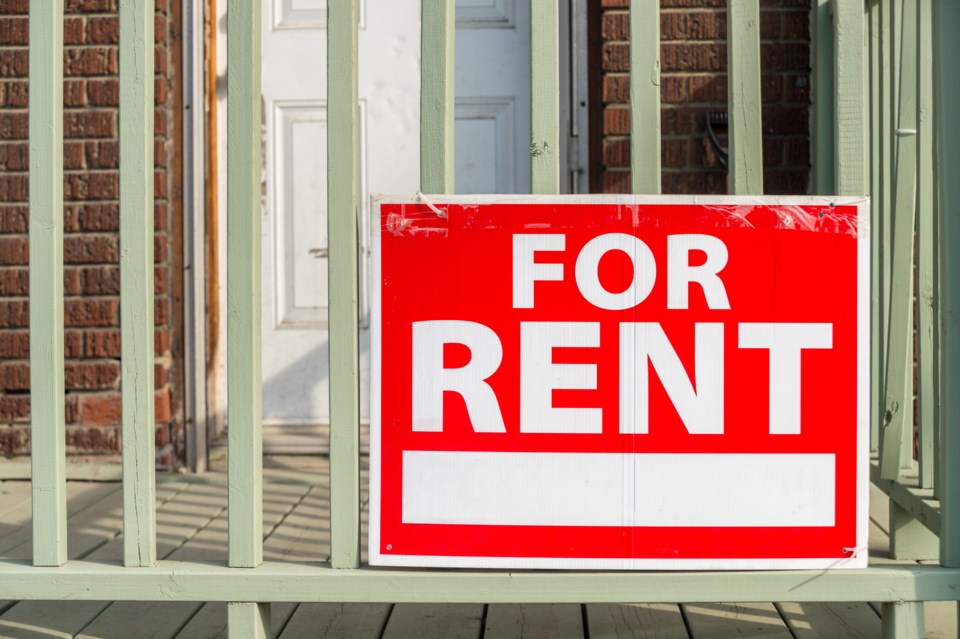York Region could mandate landowners to declare whether or not their homes are vacant as part of implementing a vacant housing tax.
Consultants and staff highlighted the implementation of the proposed tax in an open house Oct. 26. They are planning a mandatory declaration with a reporting system to find the homes that would be subject to the tax, currently proposed for one per cent of the assessed value. The plan is still being drafted and getting public input, and council has yet to approve anything final.
Consulting firm KPMG partner Eric Wolfe said jurisdictions that use a voluntary declaration method can struggle with non-compliance.
“The hope is by providing multiple platforms to making that declaration, it makes it as easy as possible,” he said. “By no means is the intent to penalize or tax those residents that have occupied dwellings.”
The region is considering the tax as a way to open up housing stock, and combat houses kept empty as speculative investments. The region estimates there are approximately 7,250 vacant homes in the region, and found strong public support for the idea of taxing them in its surveys.
The form being put forward by staff is to implement the tax between the region and municipalities. Owners would have to make a mandatory declaration about whether their home would be occupied for the year. Any vacant properties would have taxes collected by the lower-tier municipalities, while the region would enforce the policy using a complaints-based process.
Staff had considered a tax ranging from one to two per cent, but are now going forward proposing a one per cent tax. Wolfe said it would allow for a period “where residents can become more familiar" with the tax.
There will be exemptions under the new tax, staff said. These could include seasonal residences, the property undergoing major renovations and/or the death of a registered owner.
More than 20 residents attended a virtual open house for the new tax.
One resident named Reid questioned whether the research for the tax would still hold with the real-estate market declining.
“I wonder if the rate of vacant homes is still what it might have been even a year ago,” they said, adding that it could impact the financial picture of implementing the bureaucracy for the tax. “I just hope we’re keeping an eye on it as we move forward, make sure that, in fact, the financial aspect of it actually continues to make sense.”
Another anonymous speaker said the mandatory declaration could be onerous.
“To me, that seems pretty excessive, and (will) pass on the burden to those that should not have to bear that burden.”
Although staff indicated they have not found any jurisdiction that studied the tax that did not implement it, region resident Peter Miasek said he worries about what could happen to it at the council table.
“I’m not so worried about the implementation issues,” he said. “I’m just worried about getting this thing through council.”
According to an election candidate survey by the Affordable Housing Coalition of York Region, 12 of the 21 elected council members, excluding the chair, have indicated support for a vacant housing tax, including Newmarket’s Mayor John Taylor and Deputy Mayor Tom Vegh. Several elected candidates did not respond to the survey, while only two regional council members responded with opposition.
You can still submit input and find more information at york.ca/vacanthousingtax. Staff plan to bring the bylaw before council in the first half of 2023.



